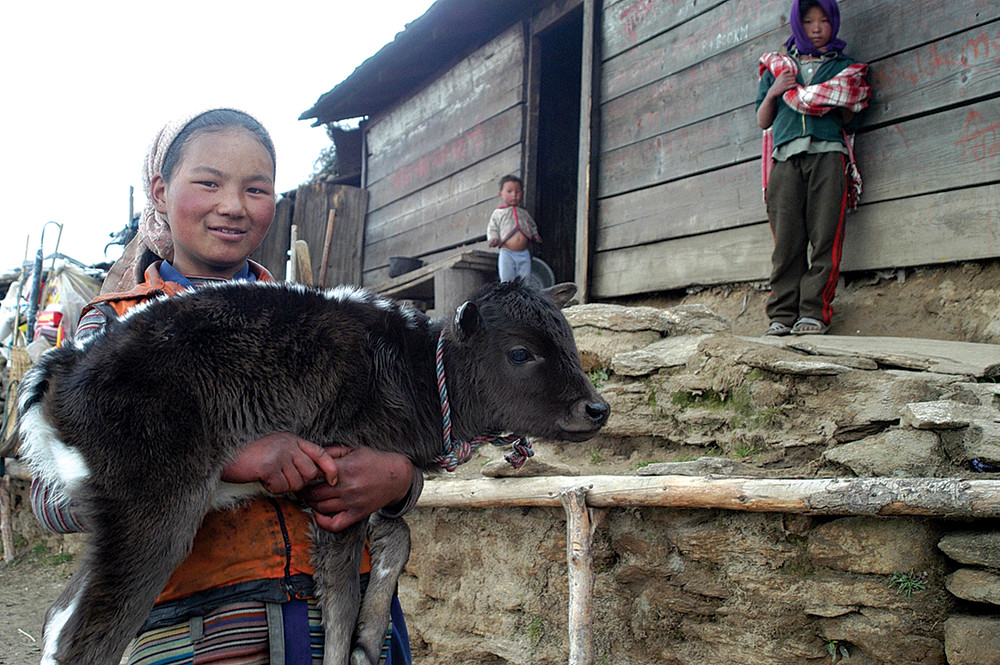
Money laundering is a process of converting and transferring illegitimate property into ostensibly legitimate assets. It is used for misusing the financial system by transferring illegal funds into different accounts. It involves three stages: placement, layering and integration. First, the illegal money is secretly placed in a financial system, then the fund is moved into other accounts through wiring, and lastly the money is returned to the criminal from what seems to be legitimate sources.
The placement stage represents the initial entry for dirty cash or proceeds of crime into the financial system. Illegal money includes tax crimes, embezzlement, bribery, corruption, counterfeiting of currency and coins and so on. This illegal money is deposited into the financial system through different means like change of currency, change of denominations, transportation of cash and cash deposits. Smurfing and structuring are two main methods of placing illegal funds into the financial system. Gambling is also used to launder money by inserting illegal money into gaming machines. The layering stage is to separate the illicit funds from its source by transferring to and from high risk offshore companies without any clear business purposes. The final stage of the money laundering process is termed the integration stage as illegitimate funds are fully integrated and returned to the transgressor.
In order to counter and combat money laundering problems, many international bodies have set standards and actively promote effective implementation of legal, regulatory and operational measures to identify national level vulnerabilities with the aim of protecting the international financial system from misuse. The Government of Nepal has also mandated to regulate and supervise to monitor illegal funds and mitigate the problem of money laundering. In order to mitigate it, the government has established regulatory bodies for investigation and inquiry of offense under prevailing laws. The main duty of these bodies is to apply certain ‘risk based approach’ in order to identify, evaluate and monitor and thereby understand the problem of money laundering and control it.
The government has established departments related to investigate and raise the issue. Nepal is the second most vulnerable country in South Asia for money laundering risk according to the Basel Anti-Money Laundering Index, an annual ranking of countries assessing money laundering risks. Out of 146 countries, Nepal with a score of 7.57 points ranked 14th on the Basel AML Index 2017. As per this index, high risk ranking is due to weak politics and rule of law, high level of perceived corruption, lack of public transparency and shortfalls in anti-money laundering and combating financial terrorism frameworks. In order to control this type of problem, the government has to implement stringent measures and punish the offenders.
According to the money laundering prevention act, any person who has committed the offense of money laundering shall be fined two times of the proceeds and imprisoned from 2-10 years.
Nepal has established a legal and regulatory framework to meet its commitments in its action plan in order to identify and freeze such property or assets which is obtained from different illegal activities.
Nepal is developing its anti money laundering laws and thus has established an independent and autonomous body to receive suspicious transaction and other information related to this.
Financial and non-financial institutions are required to file suspicious and threshold transactions and directly report to the financial information unit and take corrective measures to prevent laundering. The financial information unit has also issued a number of sector-specific AML/CFT related directives covering a range of issues from suspicious transaction reporting forms to undertaking customer due diligence measures. Financial institutions should be prohibited from keeping anonymous or fictitious names or transactions in such accounts and also they are not allowed to maintain any relationship with a shell bank.
Every financial and non financial institution should conduct customer due diligence policy in order to identify the customer and beneficial owners and verify them by using reliable, independent source documents, data or information. Customer due diligence is an end to end process, and each and every documents of customer should be scrutinised meticulously. Financial institutions should keep all records which are obtained through customer due diligence measures and maintain these records for at least five years after the termination of business relationship.
Nepal faces a number of money laundering and terrorist financing risks associated with its large cash based economy and informal sector associated with underground banking. There are also challenges for Nepal related to its open border with India and due to this crime rates and illegal activities are on the rise. In order to prevent these problems, financial institutions should implement effective measures while entering into cross border corresponding bank and monitor each and every transaction. Nepal has implemented AML and CFT preventive measures and also became the member of Asia/Pacific Group on Money Laundering in June 2002 in order to implement and enact anti money laundering policies and measures to prevent such problems.
Sachit Nath Pant completed his bachelors in business management from Bangalore University.He can be reached at [email protected]
Sachit Nath Pant completed his bachelors in business management from Bangalore University.He can be reached at [email protected]
Published Date: April 17, 2018, 12:00 am
Post Comment
E-Magazine
RELATED Guest Column


.jpg)


